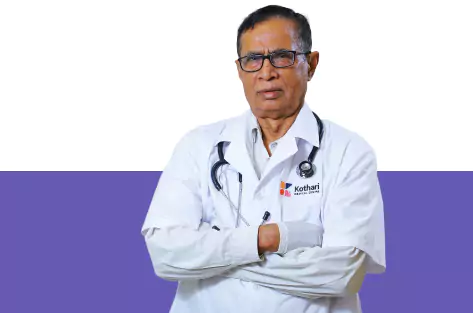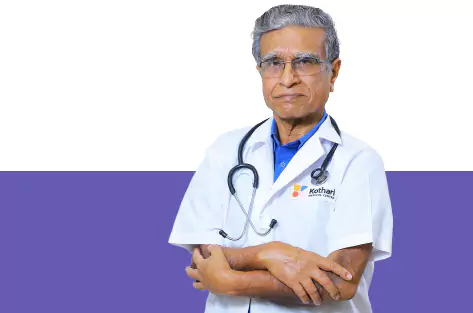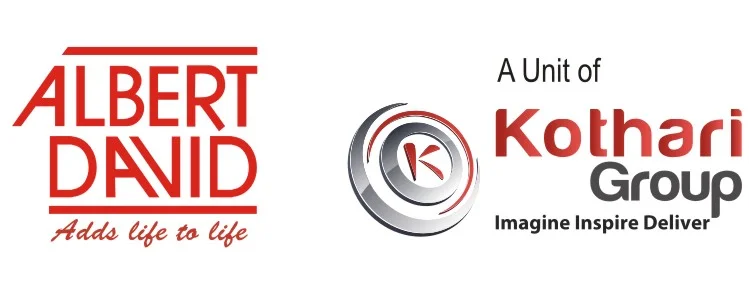Neuro Surgery
Home > Departments >
Neuro Surgery
Overview
At Kothari Medical Centre, we provide treatment for a range of neurological conditions, including Head injuries, Cerebrovascular Accidents, Spinal cord injuries, and Brain tumours. We work together with other experts like Neurosurgeons, Neurologists, Neuro-radiologists, and Physio-therapists to ensure that our patients receive full treatment throughout their rehabilitation.
Our state-of-the-art facilities and equipment ensure that our neurosurgeons have access to the most cutting-edge equipment and resources to perform difficult surgeries with accuracy and precision. Additionally, we give our patients access to counselling, pain management, and rehabilitation services they need while they are receiving treatment.
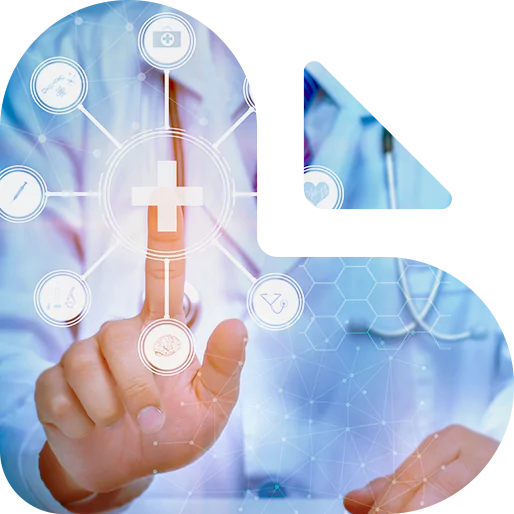
Services Offered
Brain Surgery
Utilising cutting-edge imaging technology and surgical tools, our neurosurgeons perform a variety of brain surgeries, such as Craniotomies, the removal of Brain tumours, and Cerebrovascular surgery.
Spinal Surgery
Spinal surgery is facilitated at Kothari to address diseases like Herniated discs, Spinal cord tumours, and Spinal abnormalities. When feasible, our surgeons perform minimally invasive procedures to lessen discomfort, scars, and healing time.
Peripheral Nerve Surgery
Neurosurgeons can treat peripheral nerve tumours, carpal tunnel syndrome, ulnar nerve compression, and other compressive neuropathies.
Functional Neurosurgery
Procedures to treat movement disorders such Parkinson's disease, essential tremor, and dystonia are included in functional neurosurgery. To modify neuronal activity, deep brain stimulation (DBS) and other methods are used.
Trauma Neurosurgery
Immediately doing surgery to treat traumatic brain and spinal injuries in order to reduce additional harm and enhance results.
Neuro-Oncology
Treatment of brain and spinal cord tumors, which may involve surgical resection, biopsy, and coordination with other specialists for comprehensive care.
Paediatric Neurosurgery
Children with neurological issues like brain tumours, hydrocephalus, epilepsy, and congenital deformities are treated in the department.
Neuromodulation
We treat epilepsy, mobility problems, and chronic pain with neuromodulation procedures. To treat symptoms and enhance patients' quality of life, our team makes use of a variety of implantable devices, such as spinal cord stimulators, deep brain stimulators, and vagus nerve stimulators.
Neurocritical treatment
Patients who need close monitoring following surgery, or who had a stroke or traumatic brain damage, are given Specialised treatment by our team of critical care specialists. To guarantee that our patients receive the best results possible, we employ the latest monitoring techniques and treatment protocols.
Neurodiagnostics
We provide a variety of diagnostic procedures, such as EEG, EMG, and neuroimaging, to assess neurological problems. These tests are used by our team of specialists to precisely identify problems, create treatment strategies, and track patients' advancement over time.
Neuro Surgery Specialists
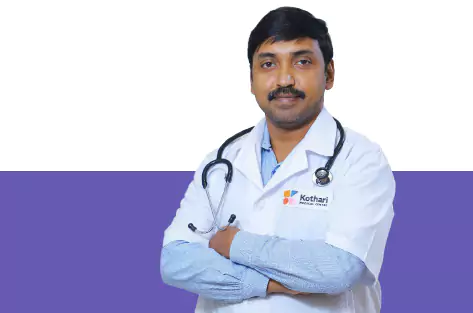
Dr. Dilip Dutta
MBBS, MS, MRCS DNB (Neuro Surgery)
Tue, Thu 4pm – 6pm
Fri 6pm – 8pm
Neuro Surgery
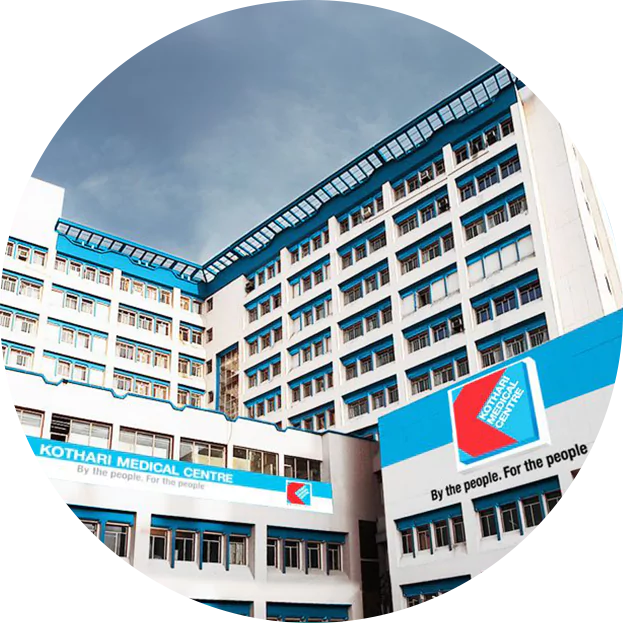
Why choose us?
- The department caters to all cases of head injuries either alone or in association with Polytrauma
- Round-the-clock in-house CT Scan facility, M.R.I. clubbed with good orthopaedic back-up and a well-equipped ITU
- The center provides cutting-edge care in neurology, neurosurgery and interventional neuroradiology
The Packages of Convenience
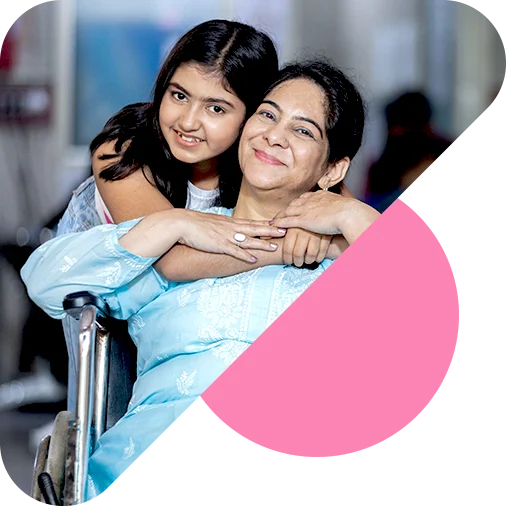
FAQs
If you have symptoms like excruciating headaches, neck or back pain, limb weakness or numbness, trouble balancing or walking, seizures, or abnormalities in vision or hearing, you may need to see a neurosurgeon. Your doctor can recommend a neurosurgeon if you have a problem that affects the neurological system for additional assessment and treatment.
The neurosurgeon will evaluate your medical history, do a physical examination, and prescribe any imaging scans or tests required to assist diagnose your issue during a neurosurgical consultation. They will clarify your diagnosis, go over available treatments, and address any queries you may have. You might need surgery or other treatments including medicine or physical therapy, depending on your situation.
Numerous brain tumours can be treated primarily through neurosurgery. The method, however, is dependent on a number of variables, including the kind, size, location, and grade of the tumour. For the best care of some tumours, a combination of surgery, radiation therapy, chemotherapy, or other focused therapies may be necessary.
Neurosurgery carries some inherent hazards, such as the potential for bleeding, infection, and post-anesthesia problems. The particular hazards vary based on the type of surgery and your own health situation. In order to help you choose your course of treatment, your neurosurgeon will go over the advantages and disadvantages of surgery
Your neurosurgeon will provide you with detailed advice on how to get ready for neurosurgery depending on your particular requirements. Prior to surgery, you might need to stop taking a few medications or dietary supplements, refrain from eating or drinking, and make plans for transportation and aftercare. To guarantee a successful procedure and a speedy recovery, it’s critical to strictly adhere to all preoperative instructions.
The medical staff and your neurosurgeon will give you thorough preparatory instructions. You might fast before surgery, cease taking some medications, and let the medical staff know if you have any sensitivities or conditions.


